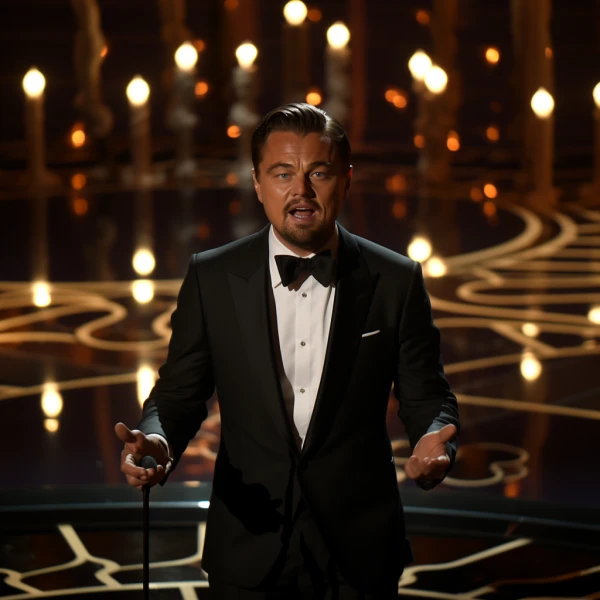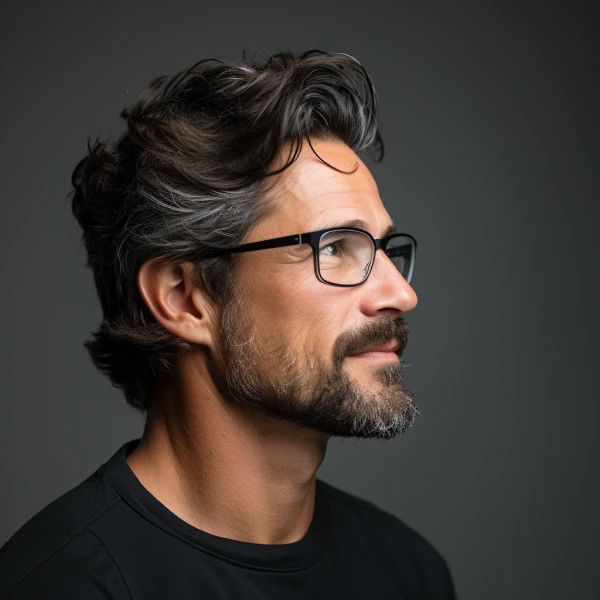

Daniel MacDougall
The Golden Globes just happened, and once again, I was drawn in to watch. A show aired once a year with a viewer rating that tumbled harder than the stock market at the beginning of COVID-19. This year, happy movie stars accepted their award, thanked those who deserved it, and took their seats. It was quite uneventful yet refreshing, but towards the end, I noticed something, and so did others. I could not help but wonder where are the ostentatious virtue-signaling speeches that previously plagued artistic platforms such as the Golden Globes. Where are the rants and political speeches? Not this time around, just the people of Hollywood enjoying their accomplishments.
Just a few years ago, a celebrity would dive their hand into the virtue bin and pick out a topic to rant about, only to hop on their moral high ground horse and ride off the stage. This year raises a good question: Is virtue signaling dying? Can Ricky Gervais finally relax? There is a reason why so many people on YouTube watch his 2020 Golden Globes speech. Not the entirety of the show, just his speech. "Come up... take your little award, thank your agent and your god, and f&%koff, okay." Everyone loved it because it needed to be said, but that was four years ago.
Virtue signaling is expressing moral superiority to enhance one's image. Distinctly different from volunteering or philanthropy. Those two require hard work and dedication, where you physically go and help. Standing on a stage with an award in your hands while passionately advocating for a cause doesn't carry the same weight. Yes, it is great to express the injustices of the world, but are celebrities the voice box for this? Probably not.
So, did the 2024 Golden Globes give us hope that the indignant political speeches, whom we should pity, and who to stick up for have evaporated, and are we returning to celebrating the art of making movies and TV series? It's tough to say at this point. Many moviegoers desire a turning point, easily represented by the number of people watching award shows and incomes at the box office, not to mention all the online reviewers bombing propaganda-influenced movies. There have been a lot of verbal daggers pointed at Hollywood over the past couple of years.
The passion for artistic representation has become entangled with politics and ideology so thick it's almost humorous at times, and the box office numbers are starting to reflect this. People, for the most part, are growing tired of it. Look at the financial situation of Disney. Why not go back to telling great stories? A great story was the bedrock for Disney in the past.
No one cares about what a star thinks about Trump, or no one should care what a star thinks about him. Jordan Peterson summed it up well in an interview with Pierce Morgan.
In Hollywood, the story should be the King, and people perform their roles to serve the narrative and convey the emotions locked into that story. Actors display this emotional force because these stories convey meanings in our lives. Most people love a great story without understanding why, but we comprehend how detrimental hidden agendas dilute narratives. Compiling all the hidden agendas, commercial-style production, pandering, and moral high-ground speeches, the whole thing becomes unbearable for the attentive viewer.
But has virtue signaling finally met its end in Hollywood? These virtue speeches are rather pointless and shallow. Most of them are conveyed without facts to back them up, and we find ourselves subjected to another person ranting about who they stick up for but fail to get their hands dirty in the hard work. Maybe a few photos here and there or throwing some excess cash at the problem, but is it genuine? Or just another voice box for a current moral to show the audience you're a great person. How many people virtue signal while sitting on the porcelain thrown to feel good about themselves?
Of course, multiple celebrities are engaging in commendable charity work. However, those who make a difference do so in silence. In this sense, giving and caring are authentic. They are not boasting about it on social platforms to elevate their moral standing. Some celebrities spend their free time genuinely doing good in the world, but you rarely hear them talk about it.
The era of virtue speeches at award shows must halt at some point. There is a time and a place for discussions regarding the injustices in the world, but on the Hollywood platform, it becomes a grotesque misrepresentation of something else, and writers compromising their stories for political ends is counterproductive. People don't watch movies to become indoctrinated. They seek compelling stories. Our lives are narratives, and great stories help us see ourselves in a different light. I enjoy watching a movie and wondering what I would do facing those challenges.
Societies are built on foundations of trust, and this façade of virtue signaling tends to exploit that trust. We trust actors and actresses to tell us captivating stories, not movies with nefarious agendas playing between the lines or stories that pander to everyone, or make a movie to check off all the boxes someone decided we need. Celebrities live in a different world compared to the average American.
In the end, it's the audience that matters. Hollywood can do all the speeches they want and make all the agenda movies they wish until one thing happens, they run out of money.
Weekly Side Quest:
How often do you use social media to virtue signal or do you do it at all? Think of the times you virtue signaled and then did something about it, and continue making content in which you have the power to make a change.
There's plenty more content for the curious mind. Stay tuned and join our newsletter for the latest articles.
Author's note: none of the writing was generated or made by AI. Our mission is provide a human touch to our journeys together. Thankyou always, Daniel MacDougall…

